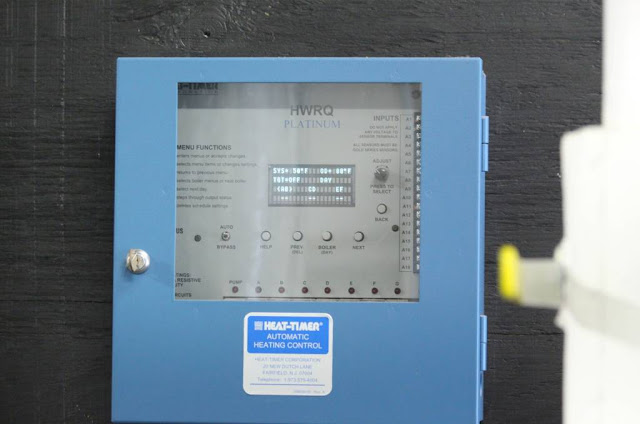GAS HEATING OR HEAT PUMPS? HOW COMMERCIAL HEATING OPTIONS MEASURE UP

Commercial buildings are slowly making the change from using fossil fuels for heating to more sustainable and renewable sources of energy and, in so doing, they are reaping the rewards in terms of energy-savings and lower emissions. The push to convert commercial heating systems from fossil fuels to electric power has meant that more facilities are looking at heat pumps as viable sources of commercial heating. So, how do heat pumps measure up against traditional gas heating for commercial boiler systems and heating systems? Our commercial HVAC contractors share some insights. How Do Heat Pumps Work? A heat pump uses similar technology to that used in fridges and freezers. It utilizes a refrigerant, a reversing valve (so that it operates for both heating and cooling), a coil, evaporator, compressor, condenser, expansion device and ventilation system. A heat pump is an electrically-powered device that uses a relatively small amount of energy to move heat from one ...
